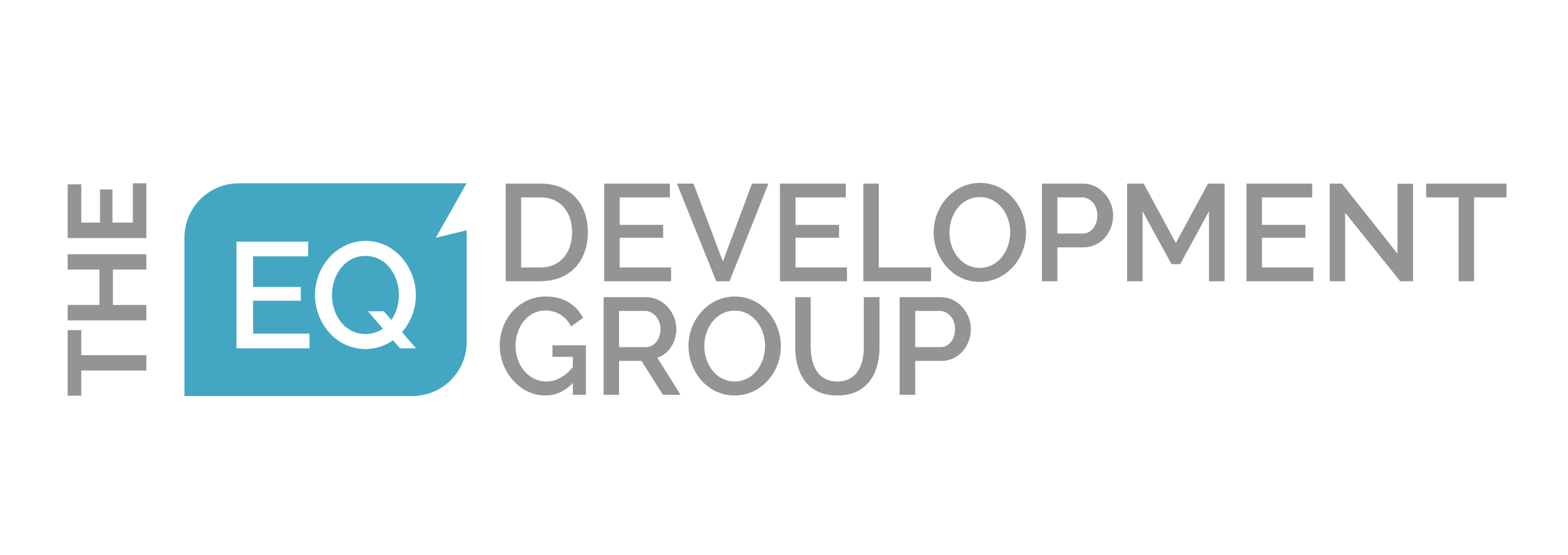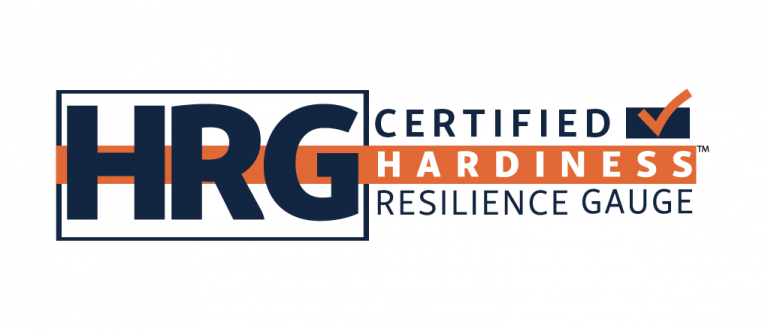The Emotionally Effective Leader
The gap between knowing and doing is holding many leaders back. Millions of dollars are invested every year in leadership development, but the actual impact of this spending remains unknown. If the stats are to be believed, peoples trust and belief in the effectiveness of their leaders is going down, not up.
When the concept of emotional intelligence entered the mainstream in 1995 when Daniel Goleman released his seminal book ‘Emotional Intelligence – Why it Can Matter More than IQ’, the leadership development industry took notice. Since then there has been an increasing number of courses, seminars, workbooks, and workshops on emotional intelligence. The vast majority of these offerings focus on helping leaders to develop a better understanding of emotional intelligence. But what is really needed is support for leaders to use that knowledge with positive effect.
One of the most interesting challenges of becoming an emotionally effective leader is that it’s hard to simulate. Role-playing, a common feature of many classroom based leadership and management development programs, cannot evoke the real emotions that are experienced by a leader in a workplace setting. Even the additional dynamic of practicing alongside peers (it’s suggested that it’s harder to perform in front of people you know well than an employee) doesn’t substitute. If it creates an emotional reaction at all, it’s sufficiently different from the emotional reaction the leader would experience in a real-life setting that it’s not that useful in terms of learning.
Stretch assignments are often considered one of the most effective leadership development processes, and they are a great way for a leader to develop their emotional effectiveness. By putting a leader in a real situation, with all of the attendant stressors, personalities, conflicts, decisions, they can truly begin to learn about their emotional effectiveness in unfamiliar leadership situations. Ideally supported by coaching and mentoring processes, stretch assignments are the gold-standard of leadership development opportunities, but even then we must accept that there will be confounding factors that influence the emotional impact of the stretch assignment. Some leaders may see it as ‘only a stretch assignment’, while others may apply additional pressure to themselves in the hopes of making a good impression.
Such is the nature of emotional intelligence – it is such a dynamic, ever shifting construct that there are literally too many infinite variables and unknowns. To give a simple example, when discussing Stress Tolerance I often ask leaders to tell me about a recent time they felt stressed. The vast difference in the stories related reinforces the idea that what one person finds stressful another will not, and vice versa.
In view of this, the only way a leader can truly become emotionally effective is to go to work on themselves. Development processes like stretch assignments can heighten the experience, but the reality is that leaders are in a learning environment every day. And that’s where the real opportunity lies.
Here are four ways that you can become a more Emotionally Effective Leader:
- Reflect More – We often take for granted how much of our experience actually goes into our learning. Taking time to think back on emotional experiences (good and bad), identifying emotional triggers and reactions, questioning what choices we made, when, and why, and noting these things down not only serve to reinforce the learning, it serves as a future reference resource for similar situations, or as a way to periodically refresh our memories. Reflective practice, particularly in the form of daily journaling, can be a powerful tool for leaders who truly want to learn from their experiences.
- Lead More – This might sound like strange advice, but the reality that many managers and leaders fail to lead as much as they can. When you don’t exercise your leadership ‘muscle’, when you need it won’t be as developed as you might like it to be. What does leading more look like? It means making more decisions, collaborating more, taking initiative, questioning the status quo, mentoring and coaching others, learning and implementing new skills, dealing with difficult situations, becoming more effective and efficient, and so on.
- Learn More – Many leaders are still unconsciously incompetent (they don’t know what they don’t know) about emotional intelligence, and its importance in effective leadership. Often, when I get a group of leaders and ask them how much they know about EI it ranges from, at worst “it’s kind of like IQ but different”, through to “it’s that thing Daniel Goleman wrote that book about”. There are, of course, exceptions, but given the acceptance of how important EQ is in everyday leadership, it’s surprising that the general level of knowledge is still relatively low.
- Listen More – We all know that good quality feedback can be hard to find. Organizations, and relationships, are laden with power relationships, impression management, perceived or real inequities, fear, love, and a range of other factors that can color the feedback you receive. But that shouldn’t stop you from actively and passively seeking feedback from others. Active means going and asking, either directly, through email, or even using a 360 degree multi-rater assessment. Passive means watching people’s reactions to your actions and communications, realistically evaluating outcomes from decisions or conversations you have. It also means developing you own ‘observer’ to see just how you are showing up. This is another opportunity for reflective practice.
Like the math genius who spends their time doing nothing other than playing video games, having an incredible grasp of emotional intelligence but not being able to apply it to everyday situations makes it nothing more than an academic understanding.
We don’t just need more emotionally intelligent leaders; we need more emotionally effective leadership.
How has an emotionally effective leader impacted your life?
Join me on twitter for an ongoing conversation: @Drew_Bird, or drop me a line.




